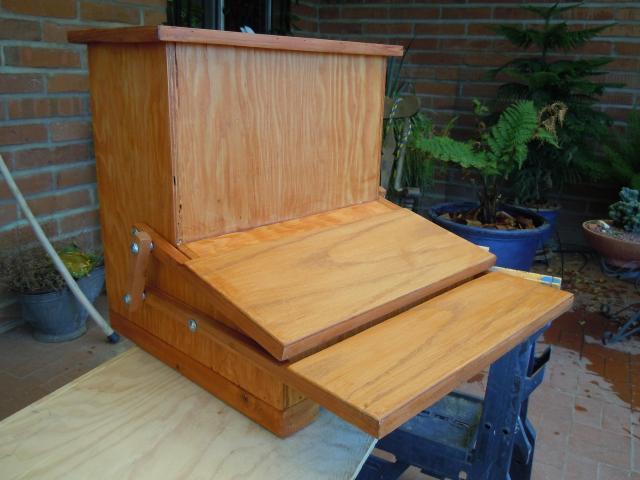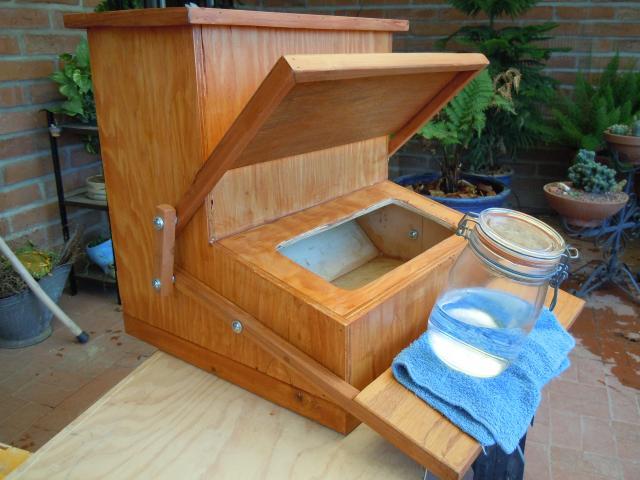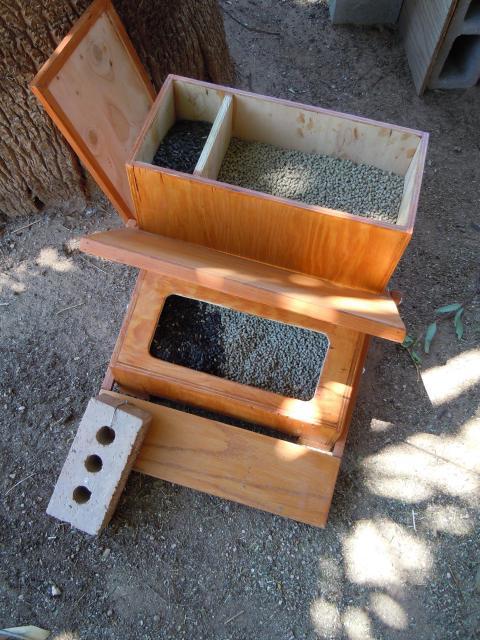 The past couple of weeks Kennedy, our little seven year old girl, has been rehearsing for the play at Lehi High School with her cousin Malynne. Her role is to play an eight year old named Marjorie Charlotte Collyer. Here's a bio of Kennedy's character:
The past couple of weeks Kennedy, our little seven year old girl, has been rehearsing for the play at Lehi High School with her cousin Malynne. Her role is to play an eight year old named Marjorie Charlotte Collyer. Here's a bio of Kennedy's character:

Miss Marjorie Charlotte Collyer, 8, was born in 1904 in Bishopstoke, Hampshire, England, the daughter of Harvey Collyer and the former Charlotte Annie Tate.
The family boarded the Titanic at Southampton, they were travelling to Payette Valley, Idaho, USA.
Charlotte and Marjorie were probably rescued in lifeboat 14 but Harvey died in the sinking. After their arrival in New York Charlotte and Marjorie were approached by Newspaper reporters to tell their story, Marjory's account (reprinted in a local English paper) appears to have received the attention of a Brooklyn Daily Eagle reporter:
Charlotte and Marjorie eventually returned to Bishopstoke. Charlotte remarried but died in 1914 from Tuberculosis, Marjorie was made a ward of court and went to live with her uncle Walter on his farm at East Horsley, Near Leatherhead, Surrey. The arrangement did not work well but she remained there until she married Roy Dutton (on 25 December 1927), who was a mechanic.
Marjory Collyer Dutton died (? in Gosport, Hampshire) on 26 February 1965, aged 61. She had been a widow for some years after her husband died young.
Here's a little information about Marjorie's mother, Charlotte:
Mrs Harvey Collyer (Charlotte Annie Tate), 31, of 25, Church Road, Mount Hill, Bishopstoke, Hampshire boarded the Titanic at Southampton with her husband Harvey Collyer and daughter Marjorie.
Charlotte and Marjorie were rescued in lifeboat 14 but Harvey died in the sinking. Their experience in the boat was recalled by Charlotte Collyer in The Semi-Monthly Magazine, May, 1912 (for which she was paid $300).
Mrs Collyer and little Marjorie were absolutely destitute when they reached New York, but Mrs Collyer decided to continue on to Payette to start a new life like her late husband had wanted to do.
On April 21 she wrote to her mother:
Brooklyn, New York
Sun April 21st
My dear Mother and all,
I don't know how to write to you or what to say, I feel I shall go mad sometimes but dear as much as my heart aches it aches for you too for he is your son and the best that ever lived. I had not given up hope till today that he might be found but I'm told all boats are accounted for. Oh mother how can I live without him. I wish I'd gone with him if they had not wrenched Madge from me I should have stayed and gone with him. But they threw her into the boat and pulled me in too but he was so calm and I know he would rather I lived for her little sake otherwise she would have been an orphan. The agony of that night can never be told. Poor mite was frozen. I have been ill but have been taken care of by a rich New York doctor and feel better now. They are giving us every comfort and have collected quite a few pounds for us and loaded us with clothes and a gentleman on monday is taking us to the White Star office and also to another office to get us some money from the funds that is being raised here. Oh mother there are some good hearts in New York, some want me to go back to England but I can't, I could never at least not yet go over the ground where my all is sleeping.
Sometimes I feel we lived too much for each other that is why I've lost him. But mother we shall meet him in heaven. When that band played 'Nearer My God to Thee' I know he thought of you and me for we both loved that hymn and I feel that if I go to Payette I'm doing what he would wish me to, so I hope to do this at the end of next week where I shall have friends and work and I will work for his darling as long as she needs me. Oh she is a comfort but she don't realise yet that her daddy is in heaven. There are some dear children here who have loaded her with lovely toys but it's when I'm alone with her she will miss him. Oh mother I haven't a thing in the world that was his only his rings. Everything we had went down. Will you, dear mother, send me on a last photo of us, get it copied I will pay you later on. Mrs Hallets brother from Chicago is doing al he can for us in fact the night we landed in New York (in our nightgowns) he had engaged a room at a big hotel with food and every comfort waiting for us. He has been a father to us. I will send his address on a card (My Horder) perhaps you might like to write to him some time.
God Bless you dear mother and help and comfort you in this awful sorrow.
Your loving child Lot. |
The mother and child received relief from both the Mansion House Titanic Relief Fund:
Number P. 26.
Collyer, Charlotte, widow and Marjorie, child.
Received total £1 3s 0d per week. |
And the American Relief Fund:
No. 83. (English).
The husband was drowned. His wife and seven year old daughter were saved. He was a merchant in England and had been the parish clerk in the village where they lived. They were highly respected people in fair circumstances. The wife had contracted tuberculosis and they were coming to this country to buy a fruit farm in Idaho, where they hoped the climate would be beneficial. He was carrying $5,000 in cash; this was lost, and all their household belongings. Both the widow and her daughter suffered severely from shock and exposure. They were at first unwilling to return to England, feeling that the husband would have wished them to carry out his original plan. For emergent needs she was given $200 by this Committee, and $450 by other American relief funds. After a short residence in the West she decided to return to her family in England. Through interested friends in New York City, a fund of $2,000 was raised, and she received $300 for a magazine article describing the disaster. She returned to England in June and her circumstances were reported to the English Committee, which granted £50 outright and a pension of 23 shillings a week. ($200). |
Charlotte and Marjorie eventually returned to Bishopstoke. Charlotte remarried but died in 1914 from Tuberculosis.
Here is Marjorie's account of the wreck:
Mrs. Tate, of Elm Villas, Leatherhead, has just received from her daughter (Mrs. Collyer) a copy of the Brooklyn Daily Eagle, containing an account of the wreck of the Titanic, as depicted by her daughter Margery, eight years of age. It will be remembered that Mr. and Mrs. Harvey Collyer, who are natives of Leatherhead, left England with their little daughter on board the Titanic with a view of making their home in the United States, where Mr. Collyer had purchased some land with the object of starting fruit growing. Mrs. Collyer and her little daughter were among the survivors, but Mr. Collyer went down with the ill-fated liner. Little Margery Collyer tells her story to a representative of the paper in the following terms:-
"It was on a Wednesday we took the train to Southampton. Some of our friends were at the station to see us go, and some of them saw us off on the boat, I didn't think there was any boat in the world as big as the Titanic.
"The night the Titanic hit the iceberg I was asleep. It was about 11 o'clock. I didn't feel the bump and the ship started to back like a train, and I heard my mother say to my father that she guessed the works had stopped. He dressed himself and went on deck. ''
" I could hear feet on the decks. The boat seemed to have stopped. Then mother dressed me, took me by the hand and led me upstairs. She was in her night-dress, and I didn't have all my clothes on. I had a big dollie that I got two Christmases before, and we were in such a hurry that I left it behind. I cried for my dollie, but we couldn't go back.
"When we got on deck father was there going along the decks and trying to see the iceberg. But it had floated away. he said that some men had been playing cards when the ship hit the ice, and that all their cards fell on the floor, but they picked them up and went right on with the game.
"The decks were full of people. Some of them were crying. An officer said we should all put on life preservers, and my mother put one on me, and then fastened one around herself. Papa put one on too.
"I was crying for my doll, but nobody could go back and get her. Then someone said we should get into a boat and two men lifted me up and put me in a boat. My father raised me in his arms and kissed me, and then he kissed my mother. She followed me into the boat.
"The women in one of the other boats said they wanted somebody to row for them and father got in that boat".
"The stars were shining, and it was just like day. Some sailor put a rug around my mother to keep her warm. There were so many in our boat that we had to sit up all the time. Nobody could lie down. my mother was so close to one of the sailors with the oars that sometimes the oar caught in her hair and took big pieces out of it.
"There was one officer in our boat who had a pistol. Some men jumped into our boat on top of the women and crushed them and the officer said that if they didn't stop he would shoot. Another man jumped and he shot him. My mother says I called out: 'Don't shoot!' but I don't remember it.
"The sailors had to row fast to get away from the ship. We could hear the band playing, but we didn't see the musicians. Only, when we left, all the people on the decks were kneeling down praying, while the band played, 'Nearer My God To Thee'.
"When the band finished one of the musicians, jumped into a boat with his instrument, and I guess he got away.
" While we were rowing away we heard a lot of people crying, and the women in our boat asked the officer what the noise was. He said the people on the decks were singing.
"I saw the Titanic go up in the air before she sank, and she looked ever so big.
"When we got a little way off another boat came near us, and an officer in our boat said he guessed he would go back to the wreck in it. I don't know who he was, but he put some of the people from the other boat in ours, and got in that. Then he went back with some sailors and pulled six men into the boat. "We rowed around for seven hours. All the time I was frightened a whole lot, and sometimes I cried. I cried hardest when I thought of my dollie back there in the water with nobody to mind it and keep it from getting wet.
"The women in the boat just sat up and didn't say anything. We were all very tired and cold, when we saw a big light. Somebody said it was a boat, but I thought it was just a star. But it kept getting bigger and bigger, and then we saw that it was a boat. Then all the sailors rowed hard.
"We had to sleep on the floor on the new ship, and it wasn't so nice as it was on the Titanic: but everybody was very kind to us. We thought papa would be there, but the boat he was on didn't get to the ship."
It is an amazing story and we feel very excited for Kennedy to have an opportunity to be in the musical Titanic. She is very excited and wants so much to do well in it. We know she will hope it won't be too sad (we've heard it's necessary to bring lots of tissues so we'll see.)
























